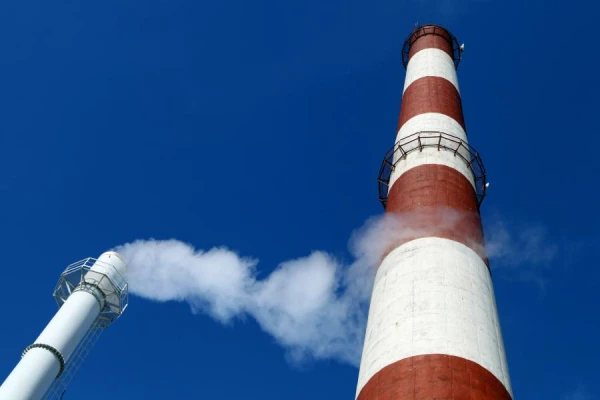
AS "Rīgas siltums" is considering the possibility of more frequent adjustments to the heating tariff in case of market fluctuations, said the company's chairman Kalvis Kalniņš in an interview with LETA.
The chairman of the board of "Rīgas siltums" noted that currently about 70% of thermal energy in Riga is produced from natural gas, and the only way to contain the tariff increase is to diversify fuel resources.
This diversification, according to Kalniņš, has allowed keeping the "Rīgas siltums" tariff within "reasonable limits".
Kalniņš reported that the company's heating tariff has increased by 84% since 2018, while the price of natural gas on the exchange has risen approximately 2.5 times during this period, and the cost of CO2 quotas has increased almost 3 times. The smallest increase was seen in the price of biomass, which has risen by 25%.
He also emphasized that the costs of self-produced energy have not significantly increased, nor have fixed costs. The main factor driving the tariff increase is the rise in the price of purchased thermal energy, caused by the increase in natural gas prices and CO2 emission quotas.
"Evaluating what has been done, I can conclude that 'Rīgas siltums' has managed to effectively balance the tariff increase and ensure its moderate rise," Kalniņš stated.
Speaking about how "Rīgas siltums" managed to reduce the last planned tariff increase from just over 20% to 11.9%, Kalniņš explained that this was made possible through successful and proactive cooperation among all involved parties — the Ministry of Economics, the Riga City Council, the Competition Council, the Public Utilities Commission, AS "Latvenergo", the board and management of "Rīgas siltums", as well as independent heat energy producers.
"Many say that we could have solved this quickly and effectively on our own, but it is hard to agree with that — achieving the result required the prompt involvement and cooperation of all these parties," Kalniņš said.
He added that, for example, an agreement was reached with "Latvenergo" that during the coldest period of the year — from November 15 for four months — a fixed capacity of 120 megawatts (MW) will be provided at a reduced fixed monthly price, which is below the tariff approved by the regulator. An agreement was also reached with independent heat energy producers on a voluntary fixed capacity at a significantly reduced price — 45 euros per megawatt-hour (MWh).
"It may seem that an unjustified and uncalibrated tariff was submitted, which was then easily reduced. Not at all! It was hard work and the involvement of many parties," Kalniņš noted.
He pointed out that work has already begun on the market model for the next heating season, with the aim of ensuring open and clear dialogue with all involved parties and seeking long-term solutions for the development of a sustainable, safe, and diversified centralized heating supply system.
"Currently, our focus is on improving the heating energy market model to make it as efficient as possible and reduce the cost of purchased thermal energy. We see potential, continue to develop and improve the market, and see the possibility of keeping the tariff at the same level or achieving a reduction. We are already working in this direction and have started developing a sustainable market model," Kalniņš noted.
He also added that the second direction is improving the efficiency of "Rīgas siltums", and the third is capital investments, which in the long term will ensure a stable tariff and help avoid unexpected price spikes.
"Of course, external factors must always be taken into account, as fluctuations in energy resource prices are something we cannot influence. This can contribute to tariff increases," Kalniņš said.
He reported that the company is working on a new market model, within which the possibility of reviewing the tariff more frequently in case of market fluctuations is being considered, to avoid the emergence of unforeseen revenues or expenses.

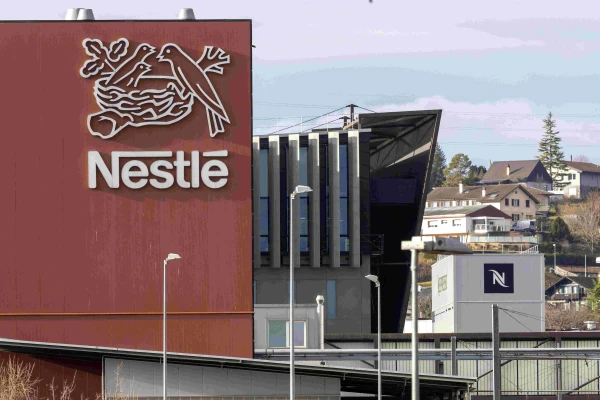

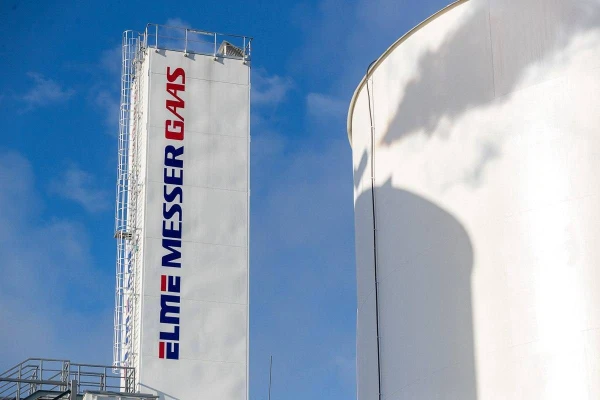

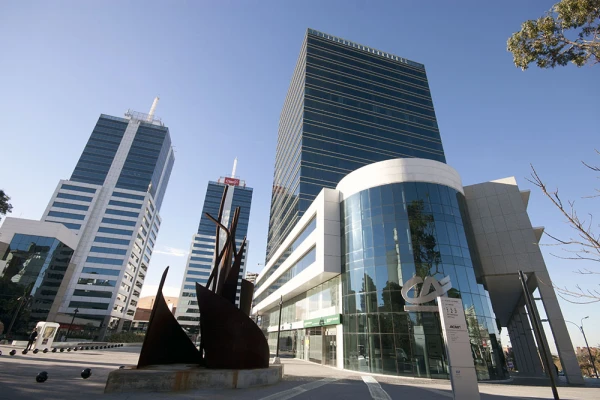
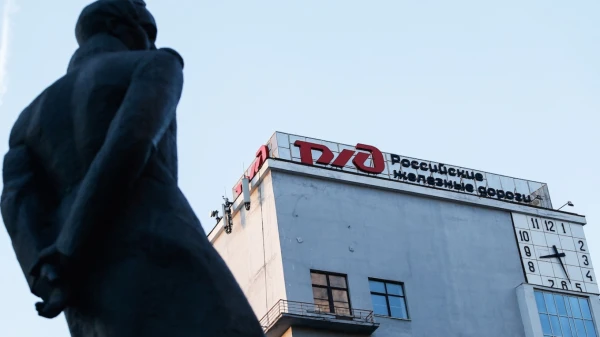

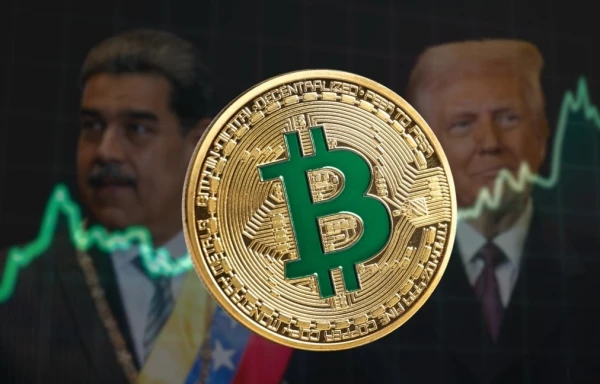






Leave a comment